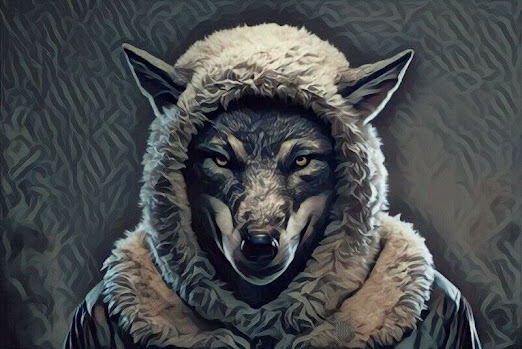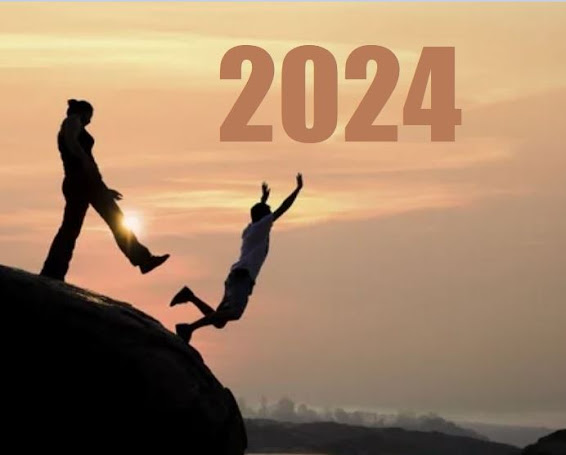Lake Turkana Power station tells Kenyans govt is lying
============
In a politically charged atmosphere, reminiscent of the theatre of Greek tragedies, the Brigadier John Kiboko funeral in Nyandarua recently became a battleground for Kenyan politics. The protagonists? Raila Odinga, an iconic figure on the political scene, and Rigathi Gachagua, the shoot from the mouth and think later Deputy President.
But, one might ask, what precipitated this clash? What were the underlying tensions that boiled over into this public spectacle? The whole drama started when Raila pointed out that the UDA government was not serious about the welfare of former freedom fighters.
Gachagua, when it was his turn to speak, spoke like he had been stung. But what were the real issues here that touch not only on the Mau mau but on the very fate of long suffering Kenyans today?
The Heart of the Matter
At the core of this clash lies a profound disagreement over the role of government in the welfare of the citizens, symbolised by the Mau Mau freedom fighters. "The UDA government," Raila charged, "has failed to honour its duty to the freedom fighters who laid down their lives for the independence of this country."
Gachagua, with his characteristic bravado, dismissed Raila's claim as political propaganda and proceeded to launch a counterattack. However, this oversimplifies the narrative. The question we should be asking is this: to what extent has the government, regardless of the party in power, adequately addressed the plight of the Mau Mau veterans, and by extension, the welfare of the Kenyan citizens?
The Mau Mau Veterans: A Symbol of Neglect
The Mau Mau veterans represent a significant aspect of Kenya's struggle for independence. But has their sacrifice been adequately acknowledged, or have they been reduced to mere pawns in the political chess game? The veterans' plight, their ongoing struggle for recognition and compensation, symbolises a wider issue - a government that often seems oblivious to the needs of its citizens. Can we then accuse Raila of merely politicising the matter or is his critique rooted in a genuine concern for the welfare of the citizens?
The Counter Argument: A Matter of Propaganda or Truth?
Gachagua’s defence, on the other hand, is that the government has shown commitment towards the welfare of the Mau Mau veterans. He accused Raila of playing politics with the lives of the freedom fighters. Is this a valid accusation, or is Gachagua merely deflecting from the issue at hand? Could it be an attempt to divert attention from the very real issues that Kenyans face daily?
The Subtext: A Battle for the Soul of Kenya
While the argument ostensibly centred on the welfare of the Mau Mau freedom fighters, the subtext is essentially a battle for control of the political narrative in Kenya. Who is genuinely for the people, and who is merely offering lip service? The clash at the Brigadier John Kiboko’s funeral is not just a tit-for-tat between the two political sides; it is a critical examination of the state of the nation and a call to action for all Kenyans.
Gachagua body language
Has anyone else noticed the peculiar shift in Gachagua's body language during all his encounters with Raila? It's a fascinating spectacle indeed. His stance, his gestures, the subtle nuances that betray a potent blend of respect and, dare we say it, a hint of fear. And mind you, this is not a fear born out of physical intimidation or threat. Rather, it’s rooted in the recognition of the immense power that Raila yields, a power that belies his status even though he is NOT in government. Intriguing, isn't it?




Comments